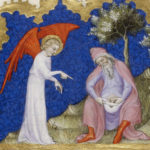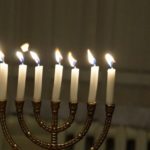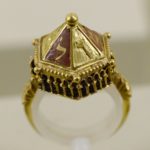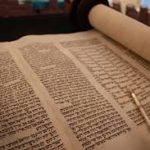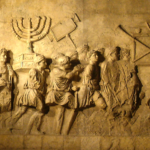The term ‘to celebrate’ Passover (Pesach in Hebrew) would be more appropriate than ‘honor’. Pesach is an 8-day holiday that commemorates the exodus of the Israelites from Egypt where they had been slaves. We Jews are obligated to pass the story of our liberation down through the generations and exhorted to remember that once we were slaves in Egypt. Pesach is also known as the holiday of freedom for we were brought out of the land of Egypt and traveled forty years in the desert to reach the Promised Land. It was during this sojourn in the desert that Moses received the 10 Commandments from God on Mount Sinai as well as the Torah (the first five books of the Bible).
The Passover Customs
Over the centuries, Jewish families practiced a wide variety of Passover customs, according to the community or country in which they lived. That is why, in Israel today, some families have different customs from others. For example, the Jewish communities of the Levant continue to eat pulses, such as peas and lentils, during Passover, while pulses are forbidden to those whose forebears came from communities in the Ashkenaz. The songs and the tunes they are sung to are so numerous that walking down an Israeli street on the first night of the seder, you will likely hear a different tune to the same song emitting from neighboring houses while, in a third, the song will be intoned.
Passover falls in the Spring
Passover falls in the Spring and is probably the source of the term ‘spring cleaning’ because this is the time of year that Jews clean their houses to rid them of hametz, or any food considered unkosher (unfit) for Passover. Some families make a game of this by leaving a few breadcrumbs on purpose for the children to find as they go about the house with a flashlight, looking into its various nooks and crannies. When they find the breadcrumbs, they are scooped up with some paper and burned. The house is now considered kosher for Pesach. It’s also a time for new clothes, the giving of presents and to charity.
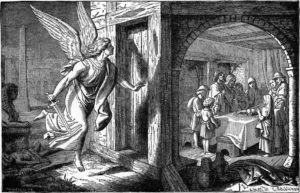
I think out of all the Jewish festivals, I like Passover the most. It is essentially a family occasion, as indeed most festivals are, which in the last few years I’ve spent with my daughter’s in-laws. There are usually a large number of guests and, together with the small children – which have happily increased over the years – the gathering is one large, noisy group. We sit down at the elegantly laid table and bless the wine. The evening is kicked off by the youngest child reciting Ma Nish Tana – Why is this night different from all other nights? – with all present joining in the chorus. Ma Nish Tana is never as decorous as just described, primarily because most of the children are still too small or too self-conscious to sing it all the way through without adult intervention.
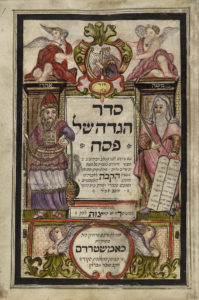 The evening continues with each adult taking turns in reading from the Haggadah, the book that tells the story of the liberation of the children of Israel from slavery in Egypt. We sing, we eat bitter herbs to remind us of the bitterness of slavery, we recline, we eat charoset (a mixture of dates, nuts and wine and sometimes apple), we dip our fingers (figuratively) into the wine and intone the 10 plagues that God levied on Pharoah to convince him to let the Israelites go, and we eat matsa, the unleavened bread. At some point in the evening, the person leading the festivities hides a piece of matsa called the Afikoman and, after the festive, usually enormous impossible-to-finish meal is over and we prepare to finish our reading of the Haggadah, announces that we cannot continue until the whereabouts of the Afikoman are revealed. This is the signal for the children to noisily turn the house upside down looking for the Afikoman – whoever finds it then bargains for its return, usually some symbolic present.
The evening continues with each adult taking turns in reading from the Haggadah, the book that tells the story of the liberation of the children of Israel from slavery in Egypt. We sing, we eat bitter herbs to remind us of the bitterness of slavery, we recline, we eat charoset (a mixture of dates, nuts and wine and sometimes apple), we dip our fingers (figuratively) into the wine and intone the 10 plagues that God levied on Pharoah to convince him to let the Israelites go, and we eat matsa, the unleavened bread. At some point in the evening, the person leading the festivities hides a piece of matsa called the Afikoman and, after the festive, usually enormous impossible-to-finish meal is over and we prepare to finish our reading of the Haggadah, announces that we cannot continue until the whereabouts of the Afikoman are revealed. This is the signal for the children to noisily turn the house upside down looking for the Afikoman – whoever finds it then bargains for its return, usually some symbolic present.
The holiday continues for eight days, during which time the more religiously observant among the Jews will not eat any hametz. It’s a time of joy in which we exalt in our freedom from slavery and in the privilege of living in Israel at this time.


